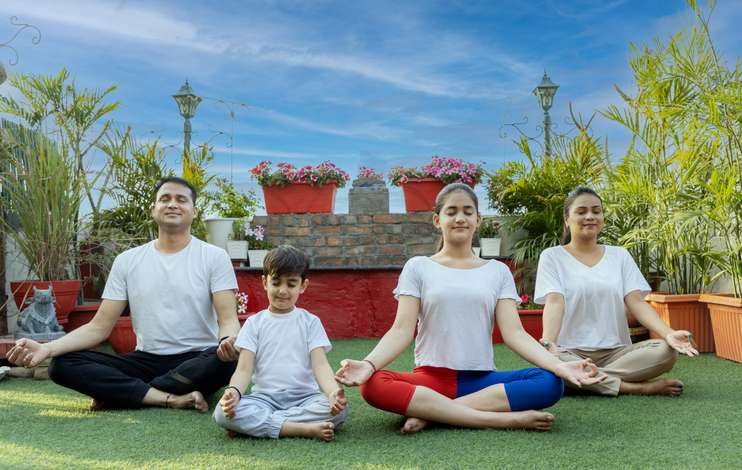In today’s fast-paced and highly connected world, there has never been a more critical time for children to develop mindfulness skills. Mindfulness, the practice of paying attention to the present moment without judgment, is rapidly gaining recognition for its ability to enhance emotional well-being and build resilience in individuals of all ages. As parents, it is our responsibility to introduce our children to this essential practice early on, to equip them with the tools they need to navigate the challenges of modern life.
One of the key reasons why mindfulness is so important for kids is its ability to build emotional stability. With the increasing pressures and uncertainties that our children face, it is easy for them to become overwhelmed and experience anxiety or stress. Mindfulness acts as a buffer, teaching children to stay centered amidst the chaos and to approach challenges with a calm and composed mindset. By cultivating mindfulness, kids learn to regulate their emotions and respond to difficult situations in a more constructive manner.
Furthermore, the practice of mindfulness enhances focus and concentration. In an era dominated by technology and constant distractions, our children’s attention spans are often limited. Cultivating mindfulness helps children to develop the ability to concentrate on the task at hand, improving their academic performance and overall productivity. By training their minds to stay in the present moment, kids become less prone to getting lost in wandering thoughts and are better equipped to stay engaged with their responsibilities and activities.
For instance, consider the story of Ravi, a 10-year-old boy from Mumbai. Ravi used to struggle with feelings of anger and frustration, often reacting impulsively to challenging situations. However, after learning mindfulness techniques in school, Ravi developed the ability to take a pause, observe his emotions, and respond in a more thoughtful manner. Through consistent practice, Ravi became more self-aware and better equipped to manage his emotions, leading to improved relationships with his peers and a greater sense of well-being.
It is crucial to recognize that the changing family dynamics and digital influences of our modern world make mindfulness even more relevant for our children’s well-being. With the rise of dual-career families and increased screen time, children face a greater need for balance and self-regulation. Mindfulness provides them with a way to disconnect from the constant stimulation, tune into their inner selves, and recharge their mental and emotional batteries.
Moreover, globalization and the increasing uncertainty of our times have placed immense pressure on our children. They face unique challenges such as navigating cultural diversity and adapting to rapid societal changes. Mindfulness equips them with the skills to approach these challenges with an open mind, empathy, and adaptability. By cultivating mindfulness, we enable our children to embrace change and manage stress effectively, setting them up for success in an ever-evolving world.
To sum up, the benefits of mindfulness for children’s emotional well-being are undeniably significant. It builds emotional stability, enhances focus and concentration, and equips children with the tools they need to navigate the challenges of the modern world. With changing family dynamics, digital influences, and increasing uncertainty, it becomes even more crucial for parents to introduce mindfulness to their children early on. By doing so, we provide them with a lifelong gift that fosters resilience, emotional balance, and a deep sense of calm amidst the chaos of life.
Share this with your parent friends
Coming Soon : Curated courses to help your child build mindfulness. Do sign up for our newsletter, to be the first to know when we launch these!

